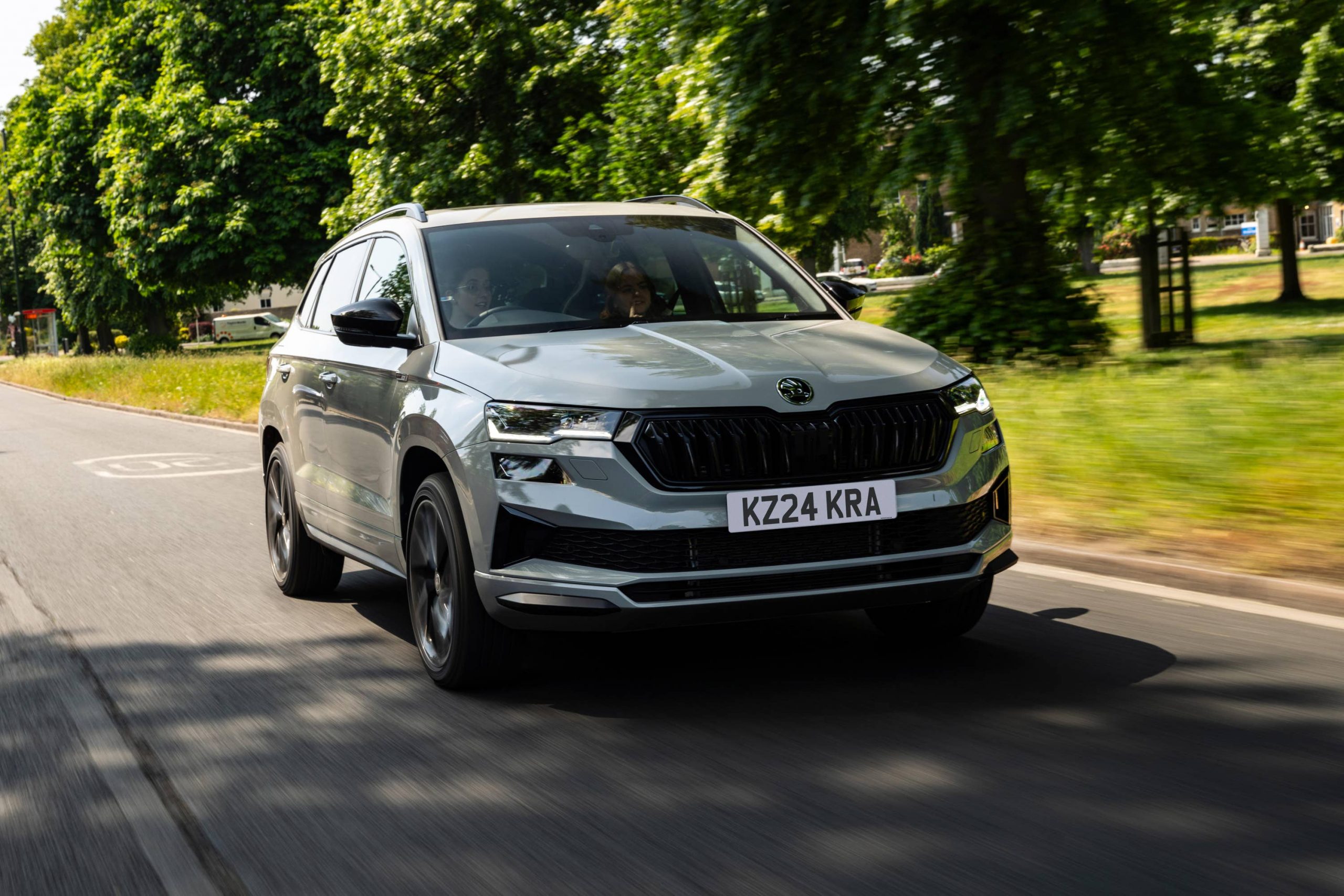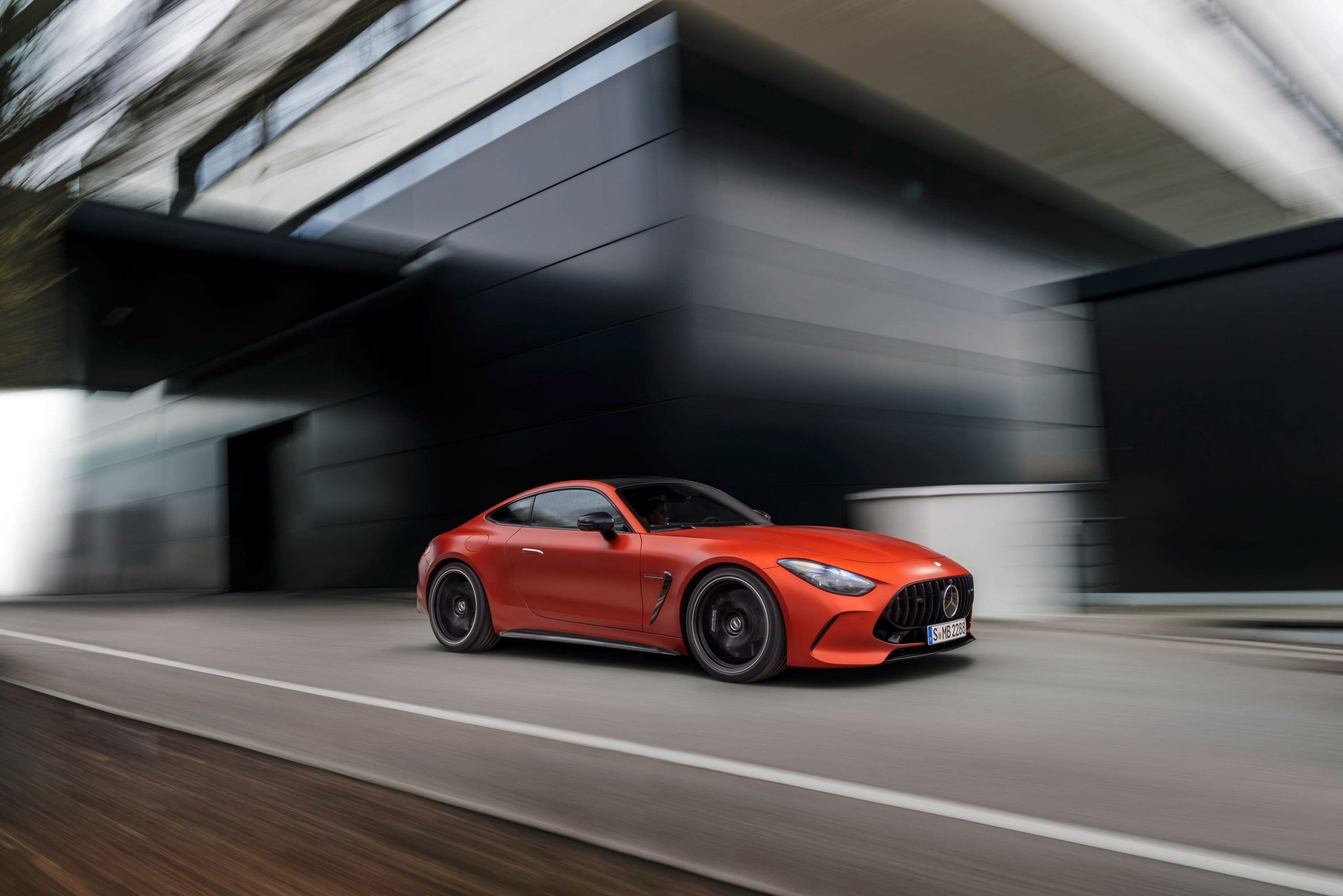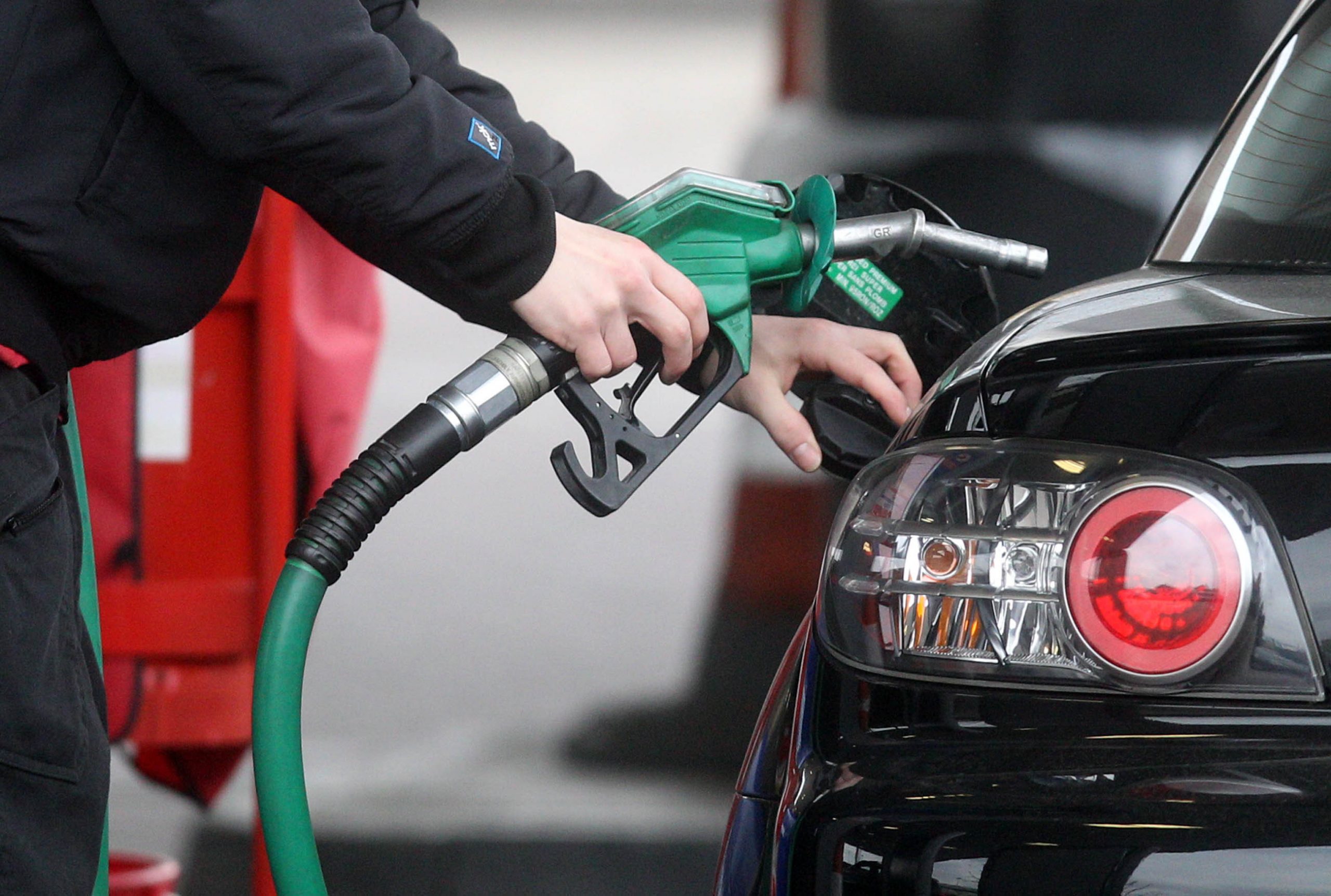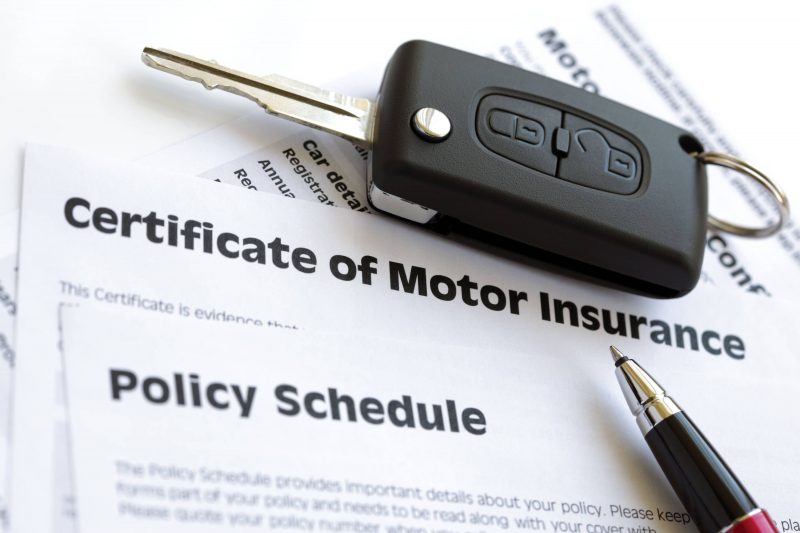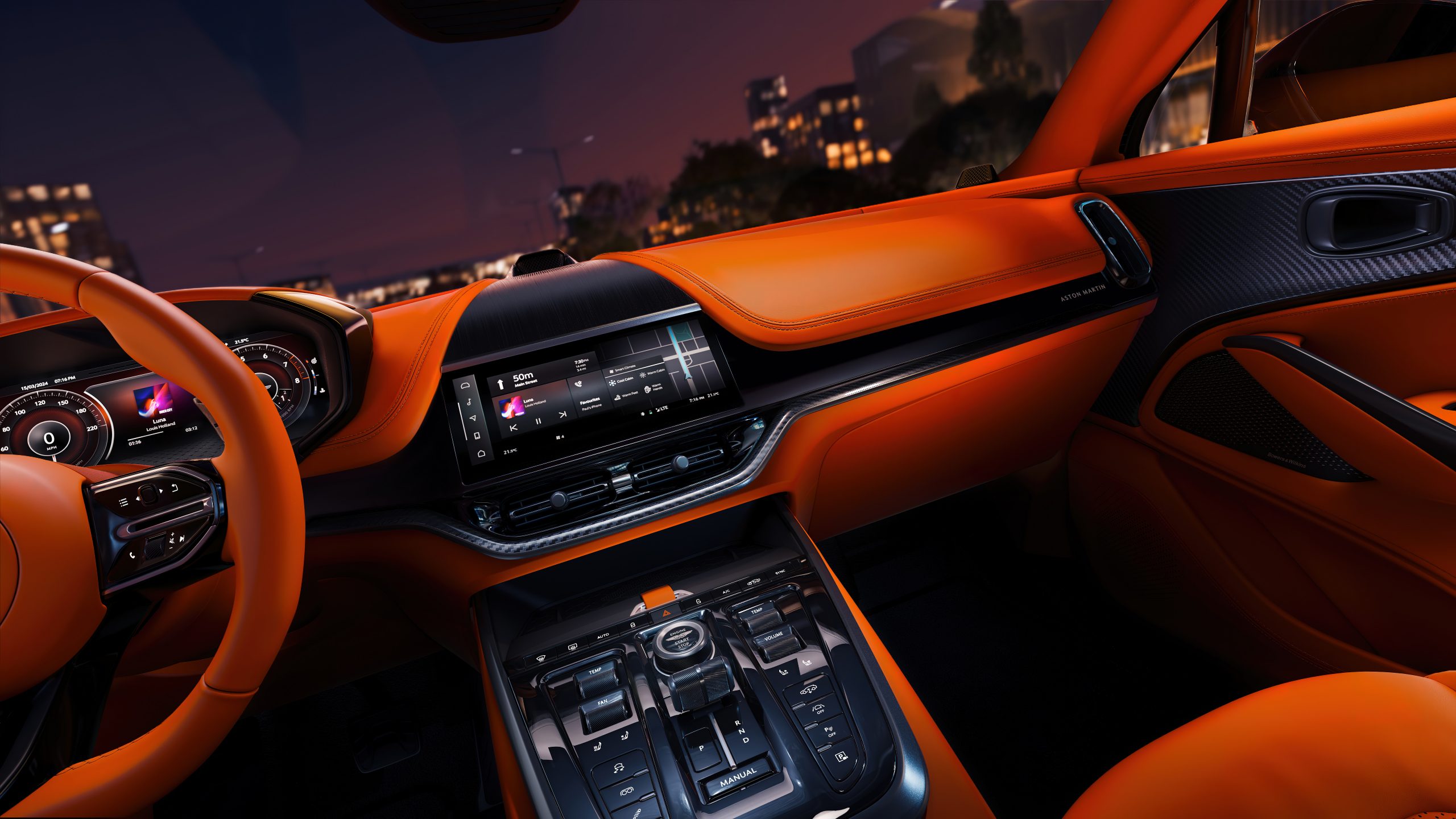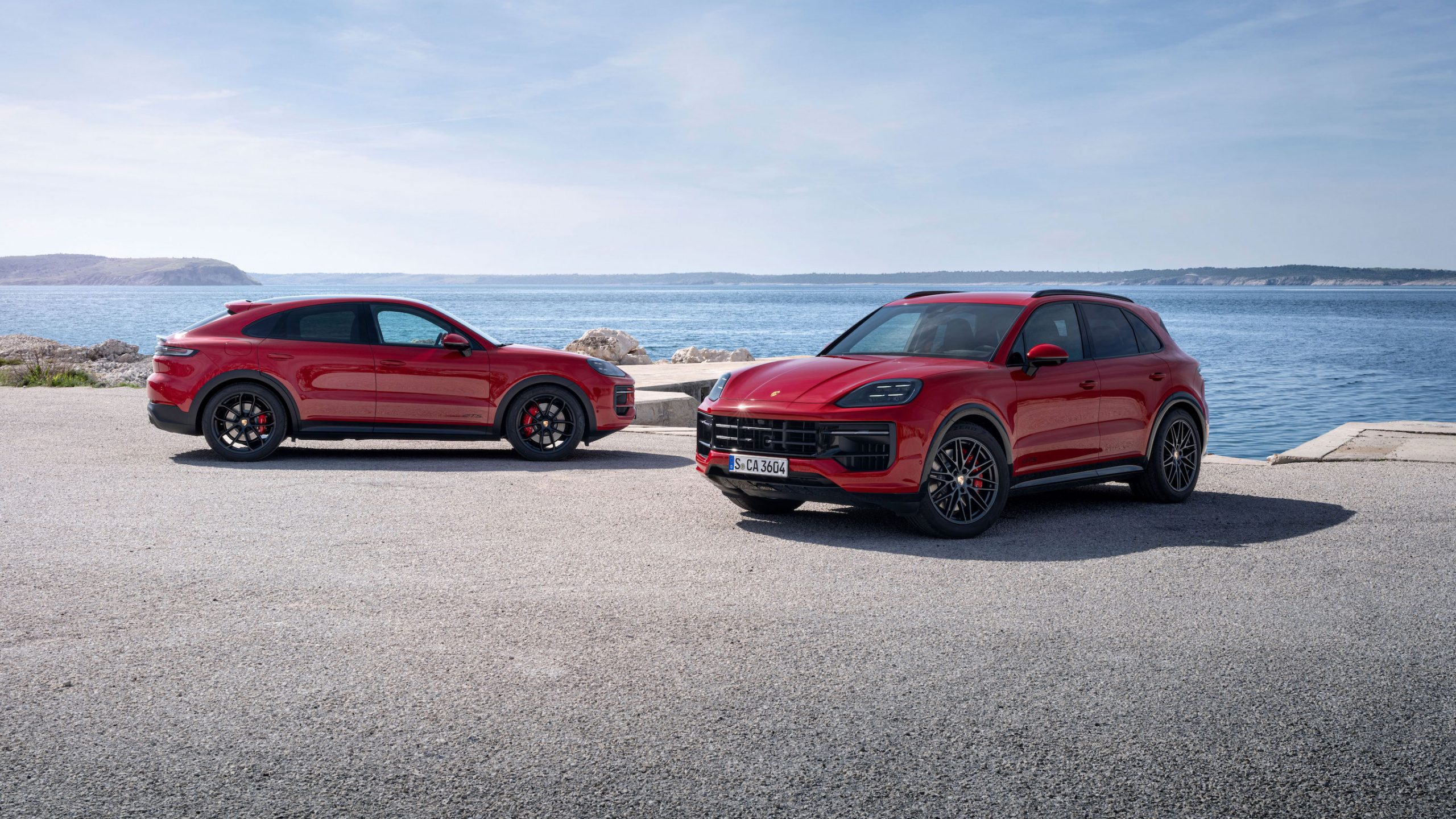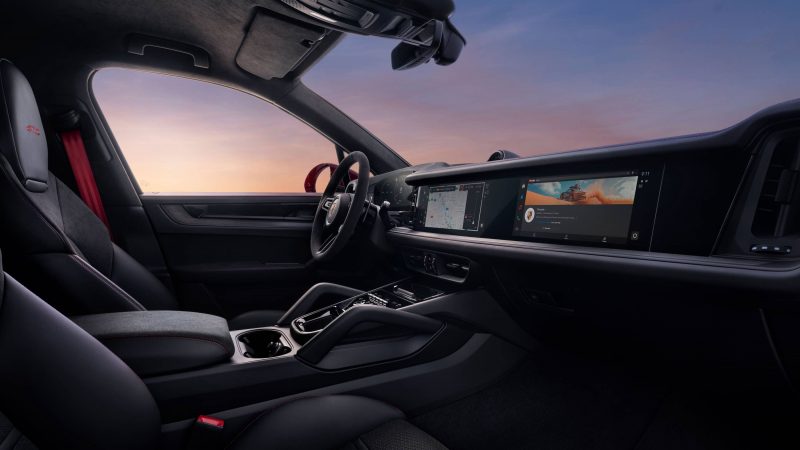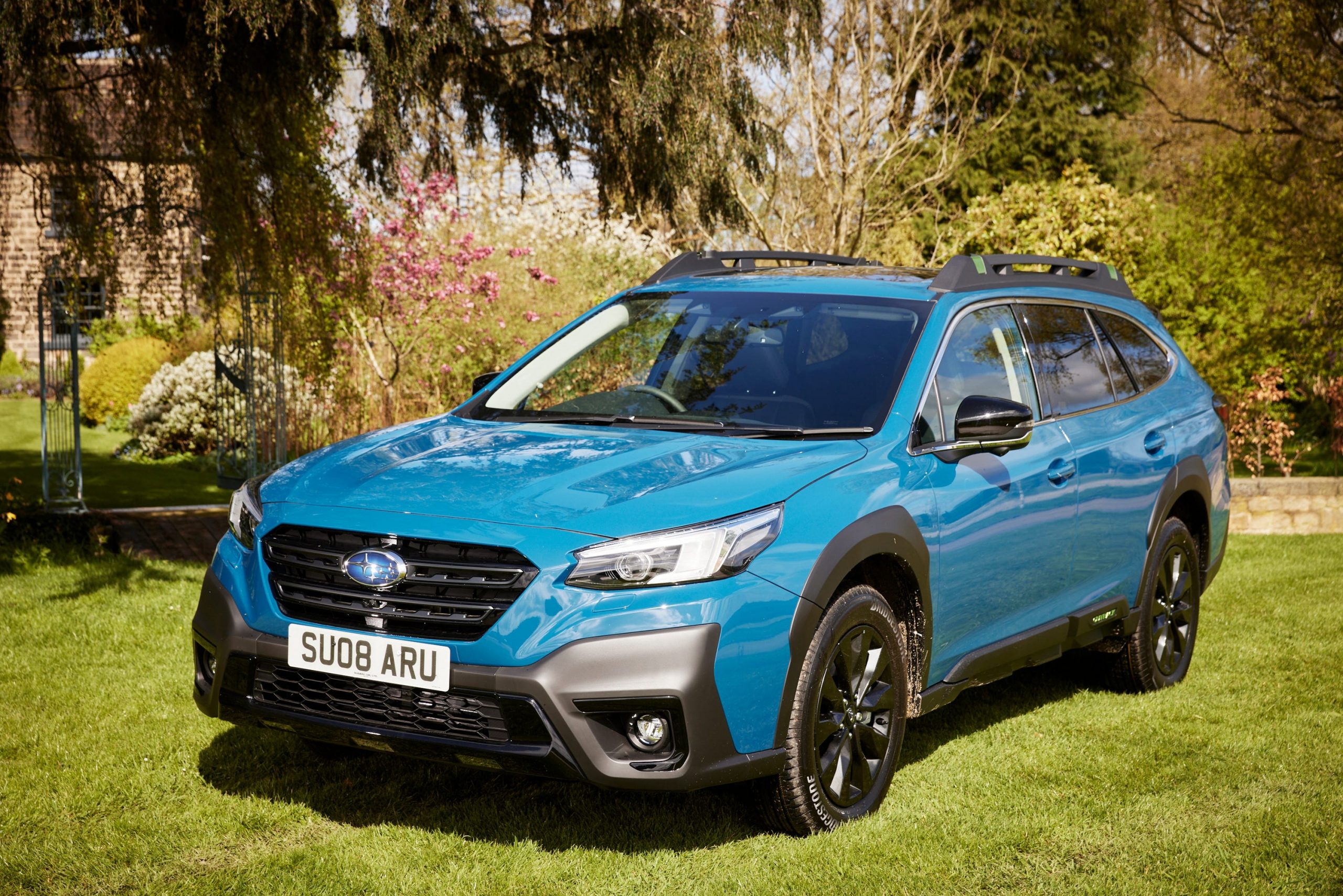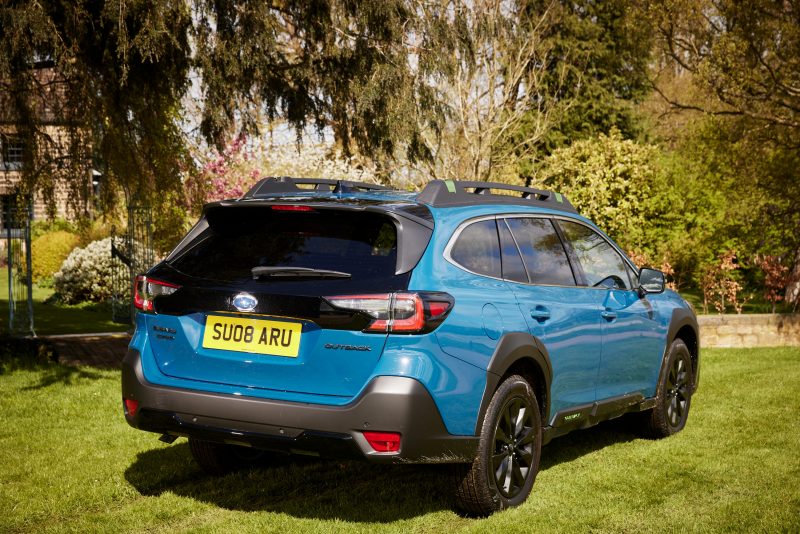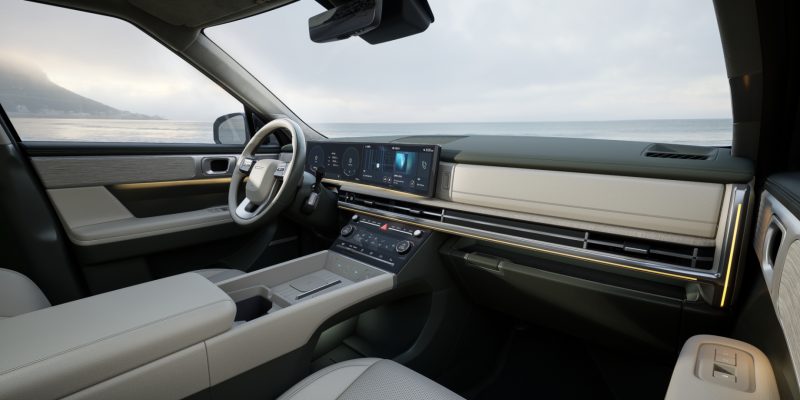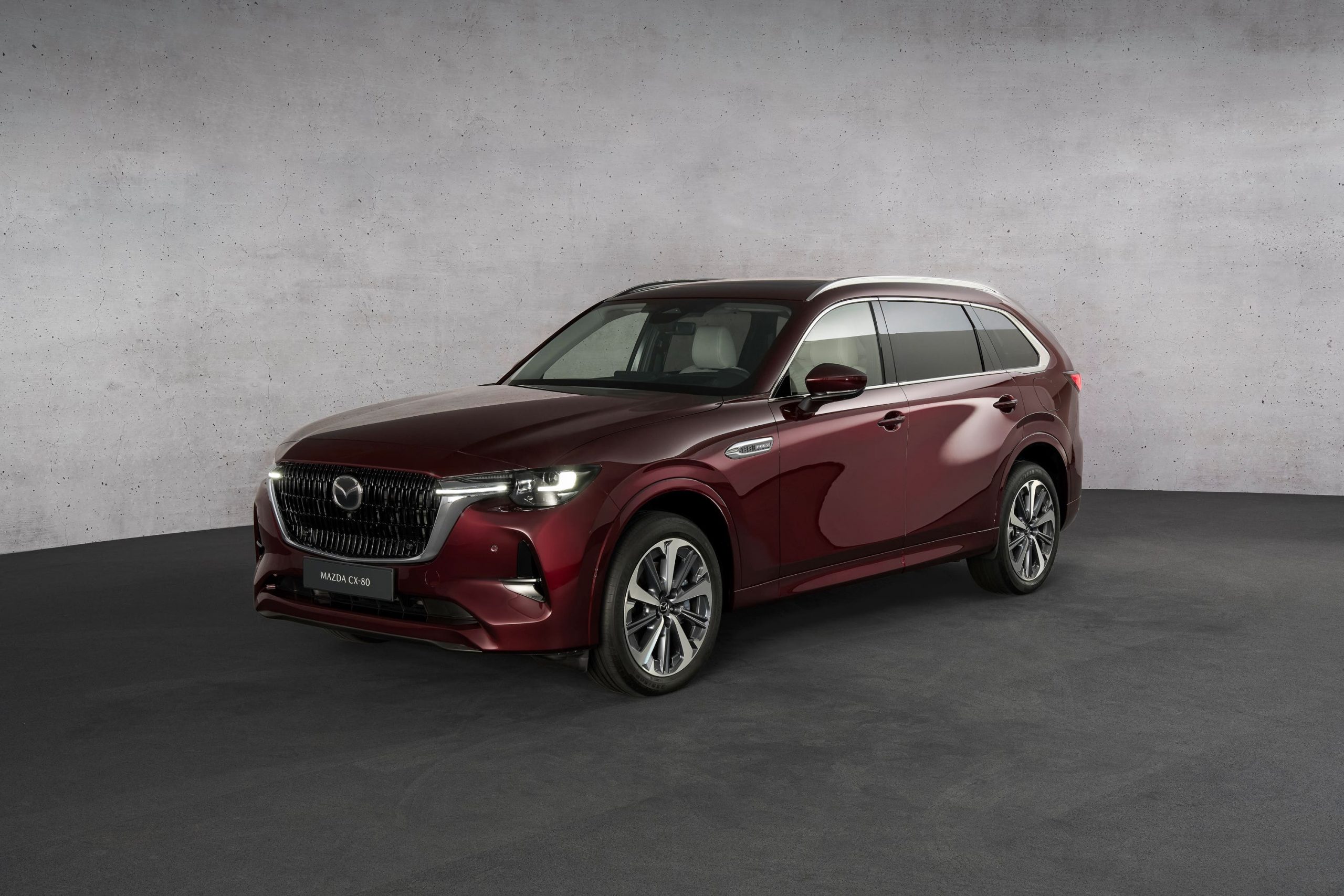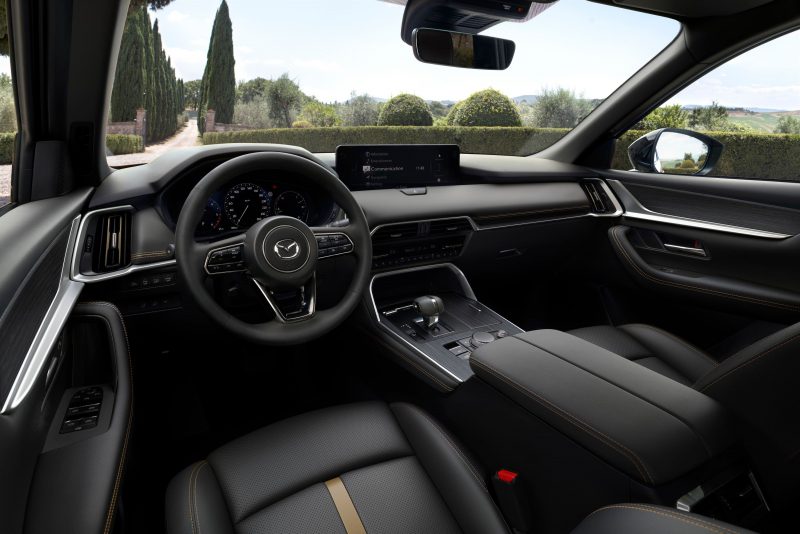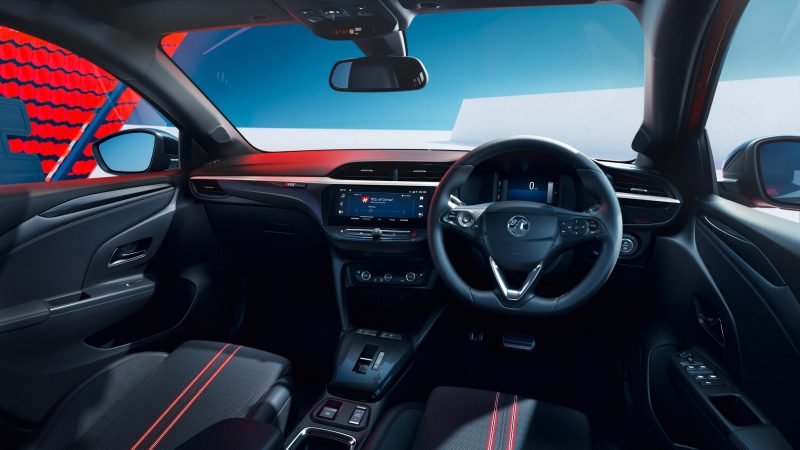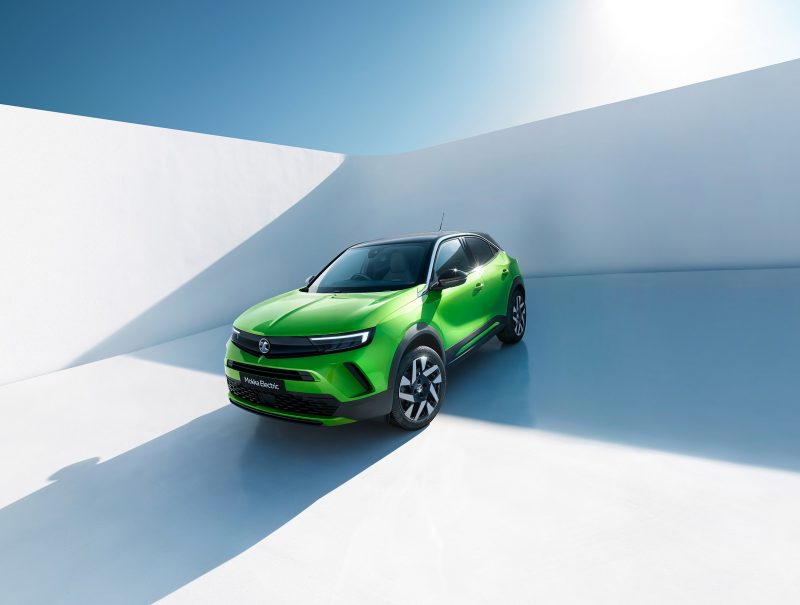The supermini and small crossover get updated engines and improved equipment levels.
Skoda has updated its Fabia and Karoq line-up with new equipment levels and revised engines.
The Fabia is Skoda’s smallest model and shares its underpinnings with the Volkswagen Polo and Seat Ibiza. It’ll now be available in one of four guises with SE Comfort, Colour Edition, SE L and Monte Carlo all there for customers to choose from.
SE Comfort comes with an eight-inch digital display, an 8.25-inch infotainment screen, front centre armrest and front and rear speakers.
The Colour Edition adds cruise control with a speed limiter and electric rear windows while SE L boasts a 10.25-inch virtual cockpit, privacy glass and LED rear taillights. The top-of-the-range Monte Carlo features a larger 8.25-inch infotainment display and updated interior inserts.
Engines for the Fabia consist of a new 1.0-litre TSi engine that produces 114bhp and is available with either a six-speed manual or an optional seven-speed DSG automatic gearbox.
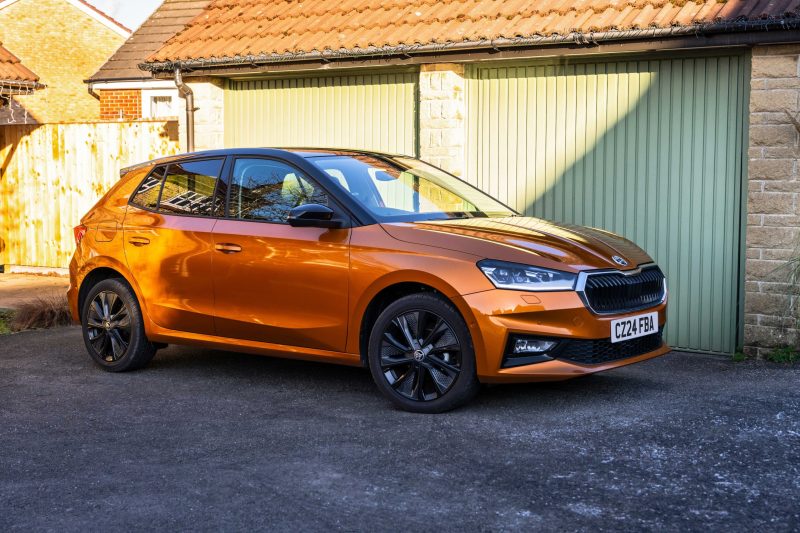
The Karoq is Skoda’s rival to the Nissan Qashqai and the updated line-up includes three different trim levels consisting of SE Drive, SE L and Sportline.
The entry-level SE Drive comes with a 10.25-inch virtual cockpit and wireless smartphone charging.
The SE L adds a new 18-inch alloy wheel design with the tip-top Sportline variant adding two tablet holders and a front passenger Isofix child seat anchor point.
The engine choices in the updated Karoq remain the same as before with four petrol engines and one diesel unit.
The 1.0-litre TSi unit has been updated with a 6bhp increase bringing total power output to 114bhp.
Prices for the new Fabia start at £19,730 for the basic 1.0-litre SE Comfort and rise to £22,965 for the Monte Carlo. Karoq prices start at £28,380 for the 1.0-litre TSi SE Drive and rise to £35,130 for the flagship Sportline model.
Both updated versions of the Fabia and Karoq are available to order now with deliveries expected later this year.
By Cameron Richards

